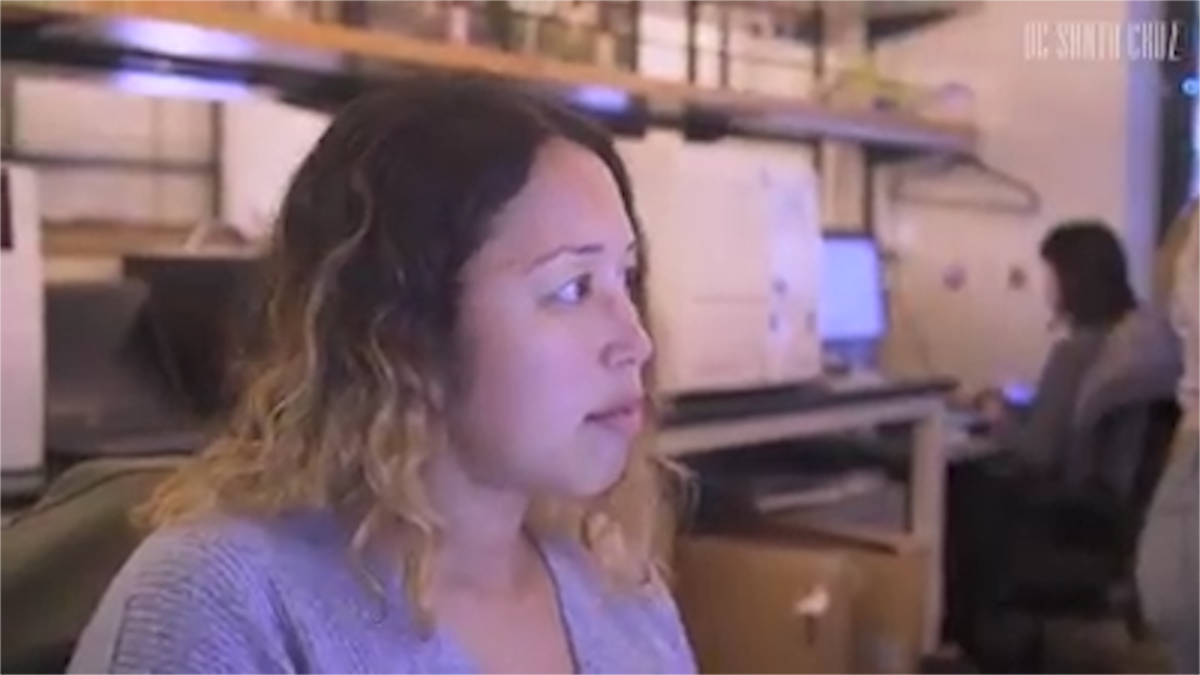Santa Cruz researchers part of team mapping cancer genomes

SANTA CRUZ, Calif. (KION) The Pan-Cancer Project, an international team that includes researchers at the UC Santa Cruz Genomics Institute, has created the most comprehensive study of whole cancer genomes so far, according to UC Santa Cruz.
The university said the study significantly improves the understanding of cancer and suggests new directions for diagnosis and treatment.
The team looked at more than 2,600 genomes from 38 types of tumors and used that to study several aspects of cancer's development, causes, progression and classification. Before this, studies focused on 1% of the genome that codes for proteins, according to the researchers, but the study by the Pan-Cancer Project looked at the rest of the genome, including regions that control switching genes on and off.
“At UC Santa Cruz, our strengths in systems biology and RNA expression helped us connect findings in the previously unexplored noncoding genome with the pathways that lead to cancer. Like a charted map, this new work creates a reference and resource that researchers can use to interpret future data and physicians can use to guide treatment,” said committee member Josh Stuart, the Baskin Professor of Biomolecular Engineering at UC Santa Cruz.
The project reported in 23 papers that the cancer genome is knowable, but very complicated. It also said researchers are close to cataloging all of the biological pathways involved in cancer and their actions in the genome, a new method can identify mutations that happened before the tumor appeared and tumor types can be identified by patterns of genetic changes found in the genome.
The Pan-Cancer Project said these findings could help with early cancer detection and tailoring treatments.
“I’m very excited to see the results of this work come out, because it was such a grand challenge to come together as a global scientific community and put together these findings into a coherent story,” Stuart said.
Read more from the university here, and find the papers and related materials here.